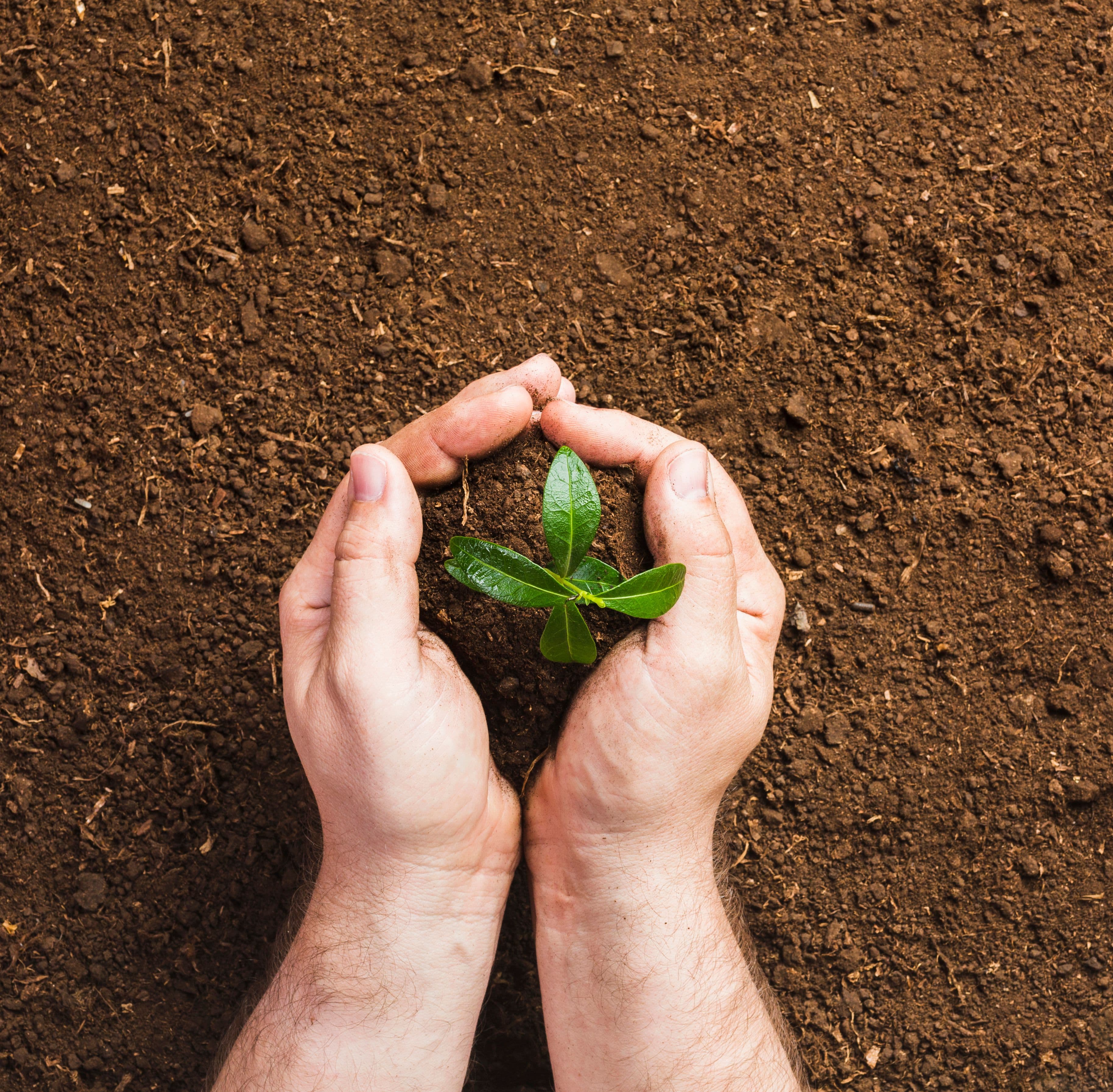
19/08/2024
Circular Economy in Córdoba, Argentina: A Transformative Study
By Mariana Brizi, from the Circular Movement
When academic research expands beyond university borders and benefits the community, its goal is truly achieved. In Argentina, a pioneering study by the National University of Córdoba mapped the value chains of recyclable materials in the city and revealed key data that inspired new public policies and significant changes. This transformation not only brought environmental benefits but also social and economic ones, formalizing and legitimizing recycling in the region.
The province of Córdoba is the second most populous urban center in Argentina and one of the country's main Circular Economy hubs. There, four summits on the topic have already been held, demonstrating the political will to do more and better in terms of a Circular Economy.
In 2021, a group of researchers from the Faculty of Economic Sciences at the National University of Córdoba, led by Dr. Celina Amato, conducted an important mapping of the value chains of recyclable materials in the city. The research gathered data that allowed the identification of actors, material flows, market values, and other relevant information, shedding light on the current state of recycling in the city and highlighting the needs and opportunities for growth in the sector, inspiring changes in other regions of the country. In August 2022, the research was published in the book "Circular Economy - Mapping of Recyclable Material Value Chains in the City of Córdoba."
![]()
“This experience is a clear example of how the University can serve society through research and how university outreach can generate joint actions that contribute to change,” explains Dr. Celina Amato.
She emphasizes that the local government needed more information and that this investigation (reported in the book) allows for rethinking legislation and planning concrete actions for the future.
“The circularity boom in our province was achieved when the government committed to managing the issue,” Amato highlights.
In other words, the Córdoba community became deeply involved in the circular economy as the government began to publicize the issue and implement concrete actions to raise awareness of the topic.
She points out that the lack of information was a detected issue, and to address this, efforts were made to better communicate circularity.
“It was necessary for people to understand the circuit. Recycling is an environmental issue, but also a social one. The government must provide information about the social and economic aspects related to it.” Amato also emphasized that the Circular Economy generated concrete economic opportunities for the region's community.
For example, new Green Centers and Waste Transfer Centers were created, partly thanks to the money the government earned through the program called Ecosubastas - which received recyclable materials for sale.
Organize, Formalize, and Legitimize
Recyclable material collection in Córdoba is predominantly informal, carried out by waste pickers in the city's 125 most vulnerable neighborhoods, who use this activity as a means of subsistence. The collected material is sold to private intermediaries or to the City Hall through the five Green Centers. At these centers, materials undergo basic processes of separation, cleaning, baling, pressing, or grinding to add value and reach the volume needed for the processing industry.
The recycling processing industry in Córdoba faces a significant problem of idle capacity due to a lack of inputs. This deficiency has led, in some cases, to the importation of recyclable materials, such as paper and cardboard, that could have been recovered locally. In 2019, more than 9,000 tons of cardboard were imported, highlighting the urgent need for a more efficient Circular Economy strategy to optimize recovery and reduce dependence on external materials.
At the request of the BioCórdoba Entity - an initiative of the Córdoba government that promotes environmental education, biodiversity conservation, and sustainable development; the research focused on specific materials such as glass, plastic, metals, and Tetra Pack packaging, seeking to reveal the opportunities that exist for each of them. For example, the low valuation of glass and its scarcity in the market represent a major problem for Argentina's wine industry. The industrial processing of recovered glass is carried out by a few large companies located in Buenos Aires, Mendoza, and Rosario.
The research also indicates that the city of Córdoba is one of the locations with the highest number of entrepreneurs, with 88% of them being micro-enterprises. A large part of this sector is willing to work on topics related to the Circular Economy. This is crucial because another important aspect is the desire and potential to innovate towards circularity.
"About 10% of startups work in specific sustainability businesses (CorLab, 2022), and promoting the use of technologies focused on the Circular Economy is essential for creating new solutions," they highlight.
Beyond Córdoba
The impacts of the research are not limited to Córdoba. Other regions, such as Bahía Blanca, in the province of Buenos Aires, have also been inspired by the province's actions. Collaboration with local cooperatives resulted in the creation of the Waste Pickers and Recyclers Cluster, which advocates for workers' rights and promotes better working conditions.
The multiplier power of ideas is evident, with congresses and new projects focused on the circular economy emerging in other locations. The National University of Córdoba continues to expand the topic in its agendas, collaborating with recycling cooperatives and promoting the use of sustainable technologies.
It is clear that the research realizes the power of collaboration between academia, government, and society to promote the Circular Economy. By mapping the value chains of recyclable materials, the initiative generated public policies and inspired significant changes. This work not only benefited Córdoba but also influenced other regions, highlighting the importance of evidence-based policies and promoting a more sustainable and economically viable future.
About Circular Movement
Created in 2020, Circular Movement is a collaborative ecosystem committed to encouraging the transition from a linear to a circular economy. The idea that all resources can be reused and transformed is the motto of the Circular Economy, the basic concept of the movement. Circular Movement is an open initiative that promotes collaborative spaces with the aim of informing individuals and institutions that a waste-free future is possible through education and culture, the adoption of new behaviors, inclusion, and the development of new processes, products, and attitudes. The work is done in partnership with Dow, a chemical, plastics, and agricultural products company based in Michigan, USA. Circular Movement currently impacts 2 million people through its activations and content.
And you? Do you want to learn more about Circular Economy?
If you are interested in learning more about this topic, access Circular Academy, the first free Latin American course on Circular Economy aimed at the general public. Together, in partnership and collaboration, we can make a difference in building a more circular planet.

